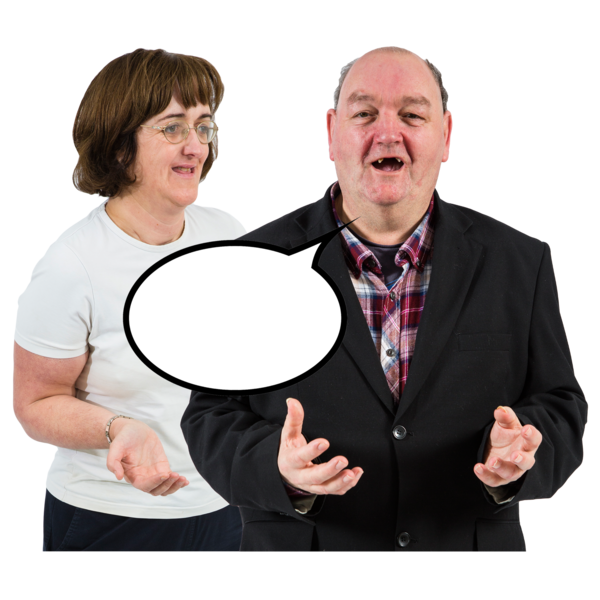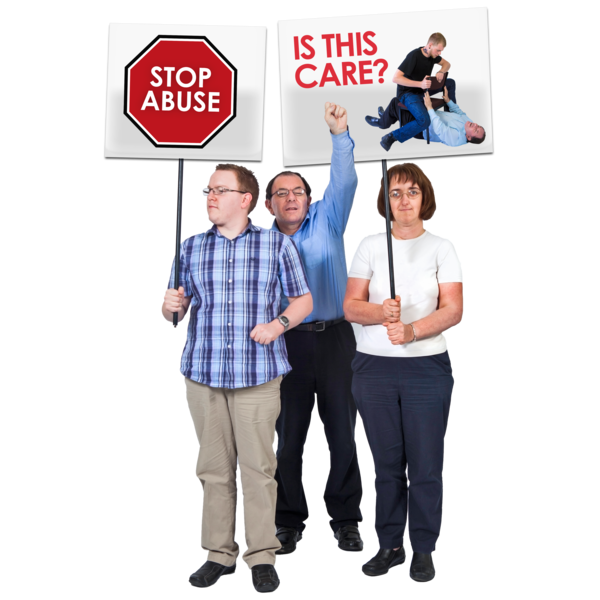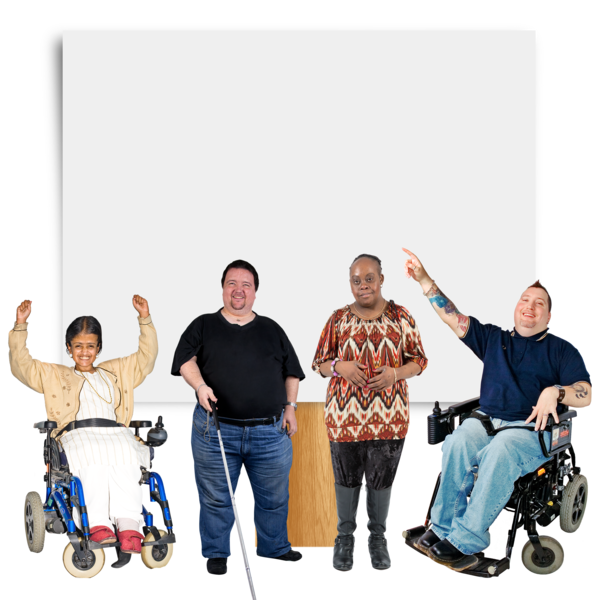Edel Harris has decided to step down from her role as CEO of Royal Mencap Society from 21 August 2023.
Edel Harris said “I have loved working at Mencap, and I am particularly proud of leading the
organisation
 An organisation are a group of people who work together.
during the pandemic, the launch of our ambitious and inspiring Big Plan, and of building a great Executive Team. It has been my honour to work alongside so many committed and hardworking people. I wish Mencap all the very best in their future endeavours for the UK to be the best place for people with a
learning disability
An organisation are a group of people who work together.
during the pandemic, the launch of our ambitious and inspiring Big Plan, and of building a great Executive Team. It has been my honour to work alongside so many committed and hardworking people. I wish Mencap all the very best in their future endeavours for the UK to be the best place for people with a
learning disability
 A learning disability is to do with the way someone's brain works. It makes it harder for someone to learn, understand or do things.
to live happy and healthy lives.”
A learning disability is to do with the way someone's brain works. It makes it harder for someone to learn, understand or do things.
to live happy and healthy lives.”
Dame Carolyn Fairbairn, chair of Mencap said “We wish Edel all the very best in the future. She has been fully committed to leading Mencap and improving the lives of people with a learning disability. She leaves behind her a strong leadership team and an organisation determined to do its absolute best. We are very grateful to her for her contribution.”
Mencap’s board will now start planning to recruit a new CEO and in the meantime, Jackie O’Sullivan, Mencap’s current Executive Director for Communications,
Advocacy
 Advocacy is when you get support to have your say.
and
Activism
Advocacy is when you get support to have your say.
and
Activism
 Activism is taking action to make change. Going to a
campaign
Activism is taking action to make change. Going to a
campaign
 A campaign is when people work together to try to change something.
event with others, writing letters and speaking up are all ways to take action.
will be acting CEO.
A campaign is when people work together to try to change something.
event with others, writing letters and speaking up are all ways to take action.
will be acting CEO.
-ENDS-
Note to editors:
For further information or to arrange an interview with a Mencap spokesperson or case study, please contact Mencap’s media team on: media@mencap.org.uk or 020 7696 5414 (including out of hours).
About Mencap:
There are approximately 1.5 million people with a learning disability in the UK. Mencap works to support people with a learning disability, their families and carers by fighting to change laws, improve services and access to education, employment and leisure facilities. Mencap supports thousands of people with a learning disability to live their lives the way they want: www.mencap.org.uk
For advice and information about learning disability and Mencap services in your area, contact Mencap’s Freephone Learning Disability Helpline on 0808 808 1111 (10am-3pm, Monday-Friday) or email helpline@mencap.org.uk.
What is a learning disability?
-
A learning disability is a reduced intellectual ability which means that people might need support with everyday tasks – for example shopping and cooking, or travelling to new places – which affects someone for their whole life;
-
Learning disability is NOT a mental illness or a learning difficulty, such as dyslexia. Very often the term ‘learning difficulty’ is wrongly used interchangeably with ‘learning disability’;
-
People with a learning disability can take longer to learn new things and may need support to develop new skills, understand difficult information and engage with other people. The level of support someone needs is different with every individual. For example, someone with a severe learning disability might need much more support with daily tasks than someone with a mild learning disability.